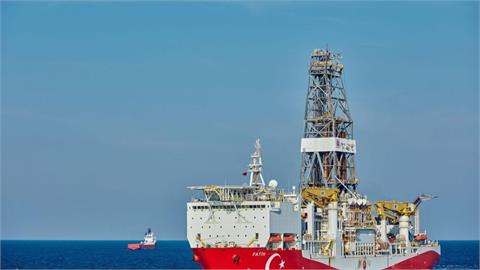The International Air Transport Association (IATA) called for the International Energy Agency (IEA) to prioritize investments in sustainable aviation fuel (SAF) to help support the aviation sector’s contribution to the post-COVID-19 recovery, a statement from the association said Thursday.
"The world must ‘build back better’ from the COVID-19 crisis with attention focused on investment in carbon reduction technologies and in SAF, which will create jobs at this critical time and boost aviation’s progress towards its goal to cut aviation emissions to half 2005 levels by 2050," the statement read.
The IATA argued that the current SAF production rates are too low for the aviation sector to reach this goal
According to Air Transport Action Group data, a non-profit association, flights produced 915 million tonnes of CO2 in 2019, which corresponds to 2% of all human-induced CO2 emissions worldwide. Globally, humans produced over 43 billion tonnes of CO2.
The aviation sector is responsible for 12% of CO2 emissions from all transport sources.
"SAF can cut CO2 lifecycle emissions up to 80% compared with conventional jet fuel and uses sustainable fuel sources which do not compete with food or water or damage biodiversity. Due to extensive testing and investment from airlines, SAF are certified as safe, sustainable, and ready-to-use," the statement read.
Over 250,000 flights have already taken off with a blend of SAF, the IATA data showed.
The association affirmed that the enormous amounts of money that governments are investing in the economic recovery from COVID-19 are an opportunity to create an energy transition legacy for the aviation industry.
"To achieve this, governments, the finance community and the fuel producers both large and small must work together with the goal of rapidly increasing production of affordable sustainable aviation fuel," Alexandre de Juniac, the IATA’s director general and CEO, was quoted as saying.
According to IATA estimations, current SAF production is 50 million liters annually but it said that this falls far short of what is needed.
"To reach a tipping point where the scale of production will see SAF costs drop to levels competitive with jet fuel, production needs to reach 7 billion liters or 2% of 2019 consumption," it said.
The IATA and the wider aviation community are ready to work with the IEA, governments and fuel companies to cut aviation’s emissions with SAF, the statement continued.
"SAF is our biggest emissions reduction opportunity. The time is right to push it forward so that, together, we can achieve major carbon reductions on the way towards fossil fuel-free flight,” de Juniac concluded.
IATA represents around 290 airlines covering 82% of global air traffic
(Anadolu Agency, July 10, 2020)



